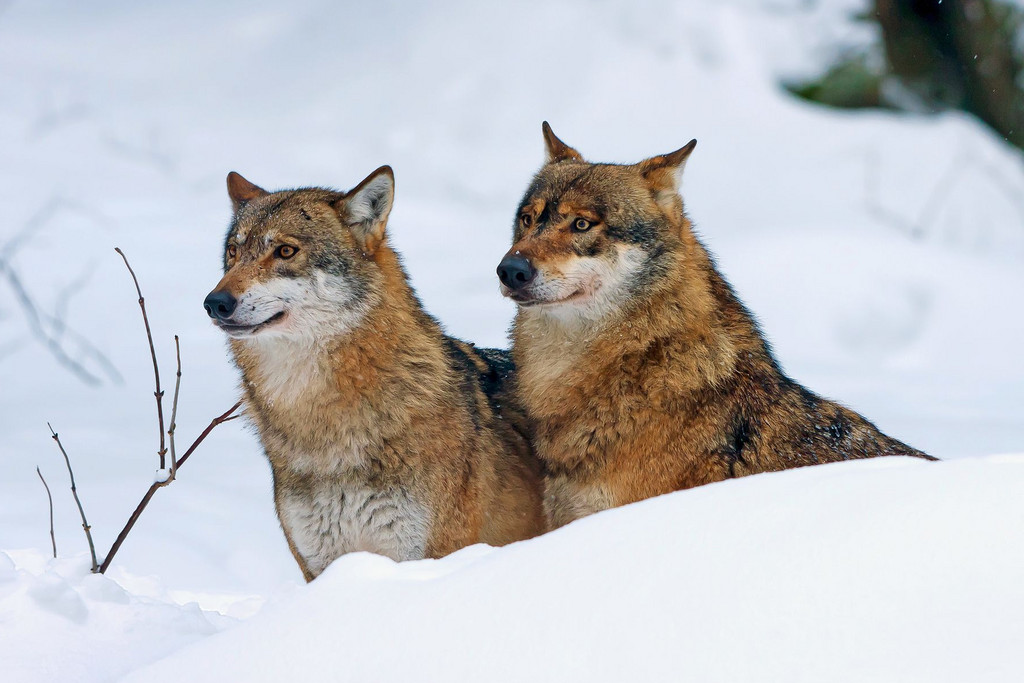
The big wolf hunt in the Swiss mountains

News
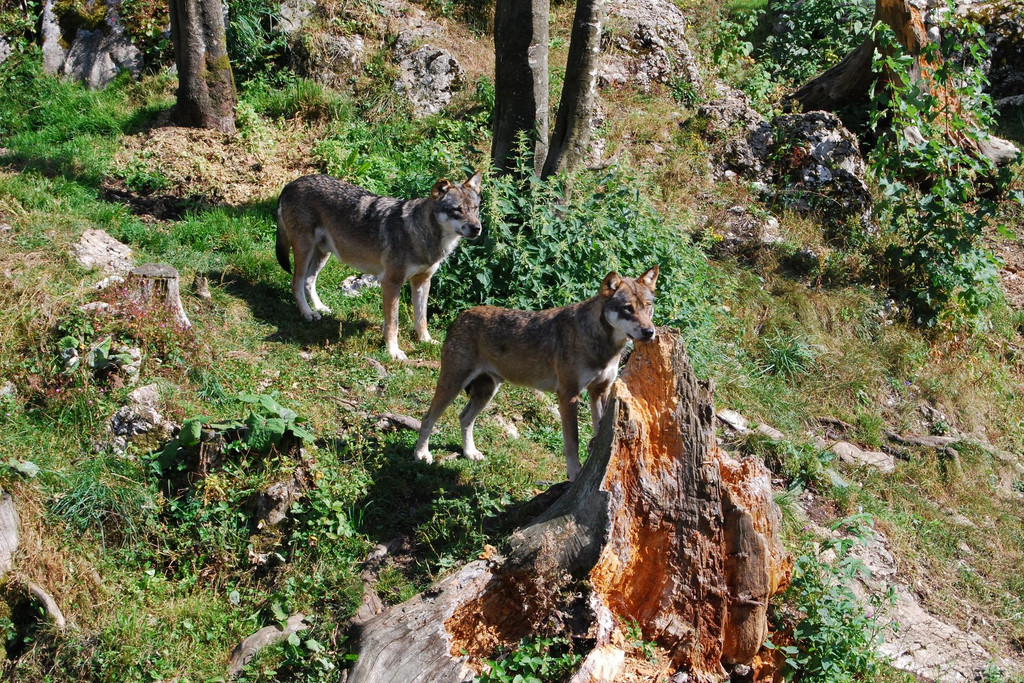
News
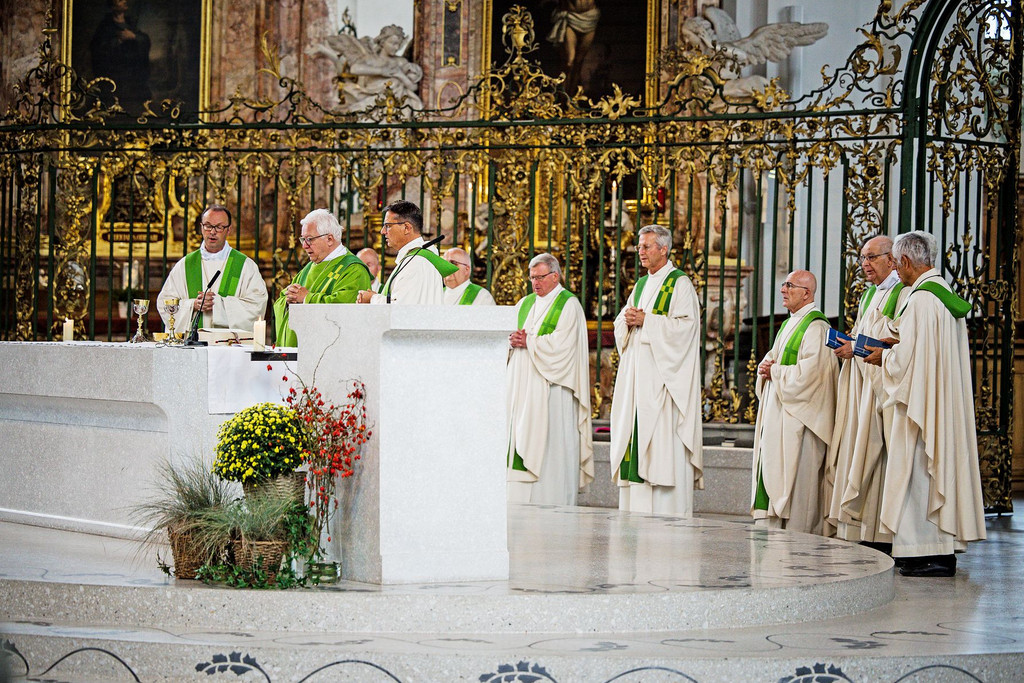
News

News

EU negotiations: time to try again

The new e-voting trials have gone well


The wolf is under strict protection in Switzerland. Yet, last December and January, hunters shot about one sixth of the country’s wolf population with official authorisation. It’s a long story.
In 1871, a shot rang out through the woods near Iragna (canton of Ticino) – and Switzerland’s last known wolf was dead. That was the end of them; at least until 1995 when wolves returned to the Swiss Alps. They made themselves at home, formed packs and extended their living space. In November 2023, Switzerland had 30 packs or about 300 wolves. Most Swiss welcome the return of the predator. That was confirmed by the popular vote in 2020 on a new hunting law opposed by nature conservation organisations. One of its provisions had been the culling of the wolf population. The people said no. Although there was widespread agreement with shooting wolves who were attacking sheep and causing damage, killing the protected animal as a pre-emptive measure was deemed a step too far by a majority of the electorate.
However, ‘proactive population control’ has since been passed into law. In 2022, the parliament approved a revised hunting law allowing the culling of wolves as a pre-emptive measure. So, the paradigm shift that the people didn’t want has nonetheless occurred.

At the end of 2023, the Federal Council furthermore decided, in spectacular haste, to fast-track and implement specific provisions of the revised law. New Environment Minister Albert Rösti (SVP) spelled out what this meant in practice: from 1 December 2023 to 31 January 2024, the cantons with a wolf population were allowed to kill a total of 12 packs and partially cull six more. The other 12 packs were to be left untouched. The response was immediate, with 800 hunters in Valais requesting further instructions on how to proceed with the wolf hunt.
The start of the hunt shook three nature conservation organisations out of their shock-induced paralysis. They launched objections to some of the pack culling authorisations granted by the Federal Council and met with a measure of success: on 3 January 2024, the Federal Administrative Court confirmed, halfway through the big wolf hunt, that the objections would postpone the cull. The hunt, or part of it at least, was suspended. The legal argument on which the ruling is based centres on irreversibility: if a wolf is shot, the wolf is dead; if the court subsequently decides the shooting was not legal, the wolf cannot be brought back to life. Death is final.
The interim ruling by the Federal Administrative Court applied the brake to the hasty measures adopted by the Federal Council. At time of publication, the court’s final decision was still pending. Still, whatever the judges decide, one thing is for sure. During the December/January window, over 50 of Switzerland’s 300 wolves were killed, or one sixth of the population.
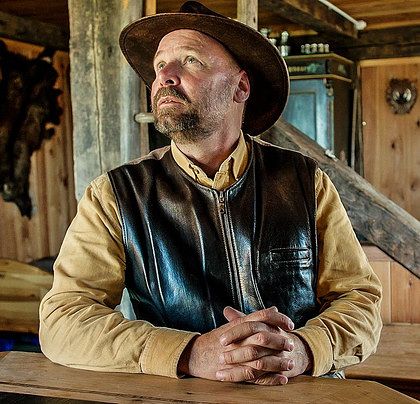
As the final ruling is awaited, the debate remains heated due to the new measures introduced by Environment Minister Rösti. Previously it had been up to the scientists and wildlife biologists to give guidance on these matters. They maintain that 20 packs must be left untouched to ensure the wolf’s survival in Switzerland. Reinhard Schnidrig, who heads the wildlife conservation section at the Federal Office for the Environment has consistently held that position. He first told “Swiss Review” in 2015 that 20 packs were needed for survival of the species; 60 packs were ecologically sustainable; and “somewhere in between” lay “what is socio-economically feasible”. Federal Councillor Rösti now finds that 12 packs are enough. The nature conservation organisations aren’t the only ones scratching their heads wondering what lies behind this much lower threshold. Is the environment minister prepared to accept the extinction of this protected species in Switzerland? Going forward, is politics to be the sole arbiter of Swiss environmental questions instead of science? And, if so, how does that translate into managing the huge environmental challenges facing us: climate change and species extinction?
Social tensions are also simmering following these recent events. Switzerland’s urban population, which is detached from nature, is accused of having a romanticised view, seeing the wolf as evidence that a real Alpine wilderness is still out there, conveniently glossing over the fact that the urban Swiss are overexploiting the Alpine region for leisure purposes and changing its very nature. At the same time, sympathy is also thin on the ground for Switzerland’s mountain folk, for whom letting sheep roam the Alps during summer is a cherished tradition. The Federal Administrative Court sees it thus: federal authorities have authorised the hunting of entire wolf packs in areas where measures to protect the sheep would have been entirely feasible but were not taken. Choosing to shoot the wolves instead when the federal government has earmarked millions of Swiss francs every year for the purpose of protecting flocks (2024: 7.7 million) is what is causing friction between urban and rural Switzerland.
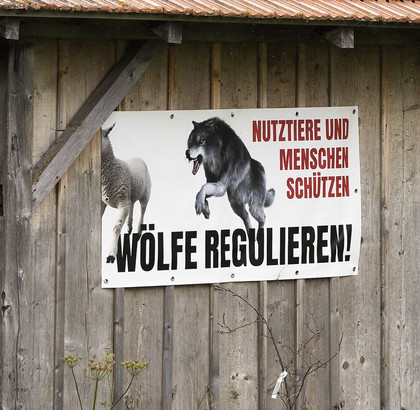
This dispute also helps demonstrate why nature conservation in Switzerland is under pressure right now. It has to do with the urban-rural balance of power in the Federal Council. Albert Rösti’s proximity to the farmers explains his wolf policy. His department is also riven by conflicting objectives: it is responsible for building roads, railways, dams and power plants – all potentially environmentally harmful constructions – but at the same time is also responsible for protecting the environment. These conflicting interests are a legacy: through the decades, Swiss environmental policy has primarily been about exploiting the natural environment, with conservation coming second. Whether conservation or exploitation has the upper hand depends on who leads the department. Rösti’s predecessor, Simonetta Sommaruga, preferred the former; Rösti leans more towards the latter. Be that as it may, the last chapter of the wolf saga has yet to be written.
It’s still too early to say what lessons can be drawn from the big wolf hunt. In the cantons of Grisons and Valais – where most of the wolves were killed – the authorities maintain that regular “preventive culls” will be necessary. They are already looking ahead to the next wolf hunt scheduled from 1 September 2024 to 31 January 2025. And they are backed by shepherds, herders and others who let their livestock roam the Alps during the summer.
As for Federal Councillor Albert Rösti, he needs to remember what normally precedes the entry into force of new rules: an orderly consultation, i.e. allowing the different interest groups to have their say. The nature protection organisations have already stated their position. Given the considerable growth in the wolf population in recent years, they do not oppose hunting as a population control measure. However, they advocate proportionality, as enshrined in the Hunting Act. Exterminating entire packs must remain an absolute exception, in other words only when a pack is “out of control”. Proportionality was incidentally consistently to the fore during the Hunting Act review in parliament. In response to an enquiry by “Swiss Review”, the Federal Office for the Environment (FOEN) confirmed the current legal situation: “Inconspicuous packs must not be preventively culled.”
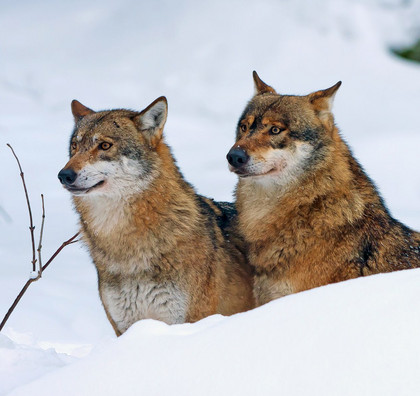
On the other hand, the hawkish anti-wolf lobby represented by the association known as Verein zum Schutz der ländlichen Lebensräume vor Grossraubtieren (Association for the Protection of Rural Habitats from Large Predators) argues that Switzerland’s entire wildlife policy has been a complete failure. They want the country to be free of wolves, lynxes and bears. The association’s co-president Georges Schnydrig applauds the Federal Council: “Albert Rösti is the first federal councillor to take action” and “the wolves are destroying our agricultural way of life and culture”, Schnydrig remarked to the “Neue Zürcher Zeitung” in December 2023. The nature protection organisations counter that the wolf must be seen as part of the forest ecosystem – and that the solution is, and has always been, effective herd protection. This is backed by the data. In 2022, almost 1,500 livestock were taken by wolves; in 2023 – despite wolf numbers having increased – the number dropped to 1,100.
Granted, 1,100 sheep ending up as dinner for wolves is not negligible. At the same time, about five times as many Alpine sheep are killed every year by falls, rockfall, parasites, lightning and disease. This is also relevant to the debate: letting the sheep out to graze on Alpine pastures during the summer is not without its downsides.
15 March 2024. Less than a third – 31 percent – of the Swiss population support preventive wolf shooting. A much larger proportion of the population – 46 percent – oppose them. And: the younger the respondents, the clearer the rejection. Among the under 30s, only 20 percent are in favour of preventive shooting. These are the findings of a survey conducted by the Centre for Public Opinion Research YouGov Switzerland (formerly Link Marketing Services) at the end of February 2024. This also shows that the majority has not shifted: In the 2020 referendum on the Hunting Act, a majority voted against the law. The controversial preventive shooting was the most frequently cited reason for the rejection. (MUL)
Comments
Comments :
On pourrait commencer par noter un article écrit par un pro loup qui manque de retenue. Pour mémoire un journaliste se doit de donner la parole à tous les partis concernés et là j'ai comme l'impression que cette règle élémentaire n'a pas été respectée.
Bien des sujets tourne autour du loup, la réintroduction, les hybrides, la protection inefficace, la désertification des campagnes car les jeunes ne veulent plus s'orienter vers le métier qui autrefois était le plus beau métier du monde, la pertinence et validité des informations diffusées, les relations villes/camapagnes, la volonté de certains de développer des parcs protégés au dépend des surfaces agricoles ou d'élevage, la compensation carbone qui est déjà à bout de souffle, la souffrance psychologique des éleveurs reconnue par les régimes de sécurité sociale, l'orientation des budgets agricoles pour faire face aux dégâts du loup, .…
Voici des pistes pour les prochains articles !
Les loups, encore ! Evidemment que la proportion des citadins écolo-bobos penche en faveur de ce prédateur qui décourage les éleveurs. Le Gouvernement se doit de penser à ces éleveurs plutôt qu'aux écolos des villes assis dans leurs fauteuils.
C’est navrant de voir que dans un pays qui a les moyens financiers et scientifiques comme le nôtre que la bêtise et les conflits d’intérêt sont les maîtres du jeu politique! Les grands prédateurs jouent un rôle écologique inestimable qu’aucun chasseur n’est capable d’envisager. Il préserve la forêt et sont un indicateur de la bonne santé de notre biodiversité.
Shameful. Human greed strikes again